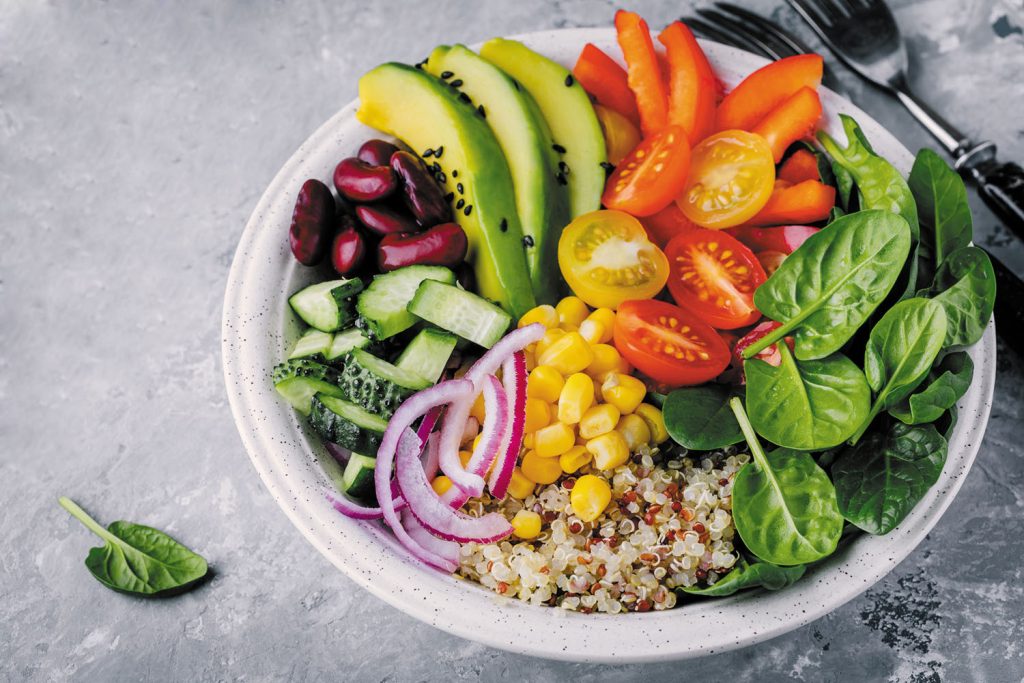
Your nutritional needs may have changed over the years. Now, there are special foods for older people, such as a variety of nuts and tinned fish, which are rich in calcium. Calcium is also necessary for strong bones and teeth, so be sure to eat plenty of leafy greens. You can also eat almonds, sesame seeds and nuts. Just be sure to get the right amount – one standard serve of these foods contains between 500 and 600 kilojoules. Remember that older people have a lower appetite, which may be difficult to satisfy, especially if they have a health condition or are unable to shop.
Sources of protein
If you are over 65, you may need more protein than usual. As detailed by wilmacliving.com when we age, our hormones undergo many changes, which affects how much muscle mass we have. Our daily protein needs also change. Our body’s composition is largely made up of muscle, but we lose it as we get older. For this reason, it’s important to consume a sufficient amount of protein in our diets. However, if you are over 65, you need more protein to maintain lean muscle mass.
Related: Understanding Social Isolation and Its Impact on Older Adults

Vitamin D
As you age, your body needs a higher amount of vitamin D to maintain its health. Getting adequate amounts is crucial for a healthy bone structure and prevents damage from falling. While it has many benefits, some studies have suggested that vitamin D deficiency is associated with several health problems, including osteoporosis and osteomalacia. If you are over the age of 65, consult your doctor to determine whether you need supplemental vitamin D.
Calcium
Increasing your calcium intake can prevent bone degeneration. Calcium is a necessary nutrient for building strong bones and maintaining bone health as you age. Unfortunately, many people do not get enough calcium, and studies have shown that about half of women do not get enough calcium to avoid osteoporosis, a bone disease that makes bones weak and brittle. Osteoporosis affects one out of every five women, and one out of every 20 men.
Iron
If you are over 65, you may be wondering how much iron you need. Fortunately, you are not alone. About one-third of the elderly consume more iron than their body needs. In fact, many multivitamins come with iron added. But there are some things to keep in mind when choosing the best iron supplement. You should never take more iron than recommended in your daily diet. Listed below are some common iron supplements that can help you meet your iron requirements when you are over 65.
Dietary fibre
While fiber can benefit any age group, older adults in particular may benefit from an increase in fiber intake. High fiber intake has been associated with reduced risks for cardiovascular disease, diabetes, and other chronic conditions. A study of 1,600 adults showed that people with the highest fiber intake lived longer and had lower cholesterol levels. In addition, eating high-fiber foods may reduce the risk of colon and colorectal cancers. But adding fiber to your diet can be difficult. You may experience some digestive discomfort if you add too much at once.

Fruits and vegetables
Getting enough fruits and vegetables can be a challenge for most people, but it becomes even more difficult as you age. You may not be able to cut down on fresh produce, but there are many options available for canned and frozen options. While they are less expensive, canned and frozen fruits and vegetables can provide similar nutrition. When choosing canned and frozen options, try to select ones without excessive sodium or added sugar. The nutrients they provide are just as important, so you may want to choose these options.
Meat
A recent study found that a diet high in meat, eggs, and dairy may be as harmful to your health as smoking cigarettes. People who consume these foods were four times more likely to die from diabetes and cancer than people who did not. And for those who eat these foods frequently, they were 73 times more likely to die from heart disease. However, this doesn’t mean that meat is the only protein you should eat. There are other types of protein you should avoid, too.
Fish
If you are over 65, eating seafood is a good way to meet your nutrition requirements. This food is low in calories and is packed with important nutrients. Try Arctic char, which is inexpensive and full of protein. It has 20.2 grams of protein per serving and only 154 calories. Because of its high fat content, it is best to consume it in moderation. But if you can’t live without salmon, you can opt for this fish.
Dairy
If you are over 65, you may be wondering what your dairy nutrition needs are. Many people are not aware of this, but dairy products are important for bone health. A typical serving of dairy contains 276 milligrams of calcium. Seniors should consume approximately 1,200 milligrams of calcium each day. Insufficient calcium intake can lead to osteoporosis, a condition where your bones become brittle.


